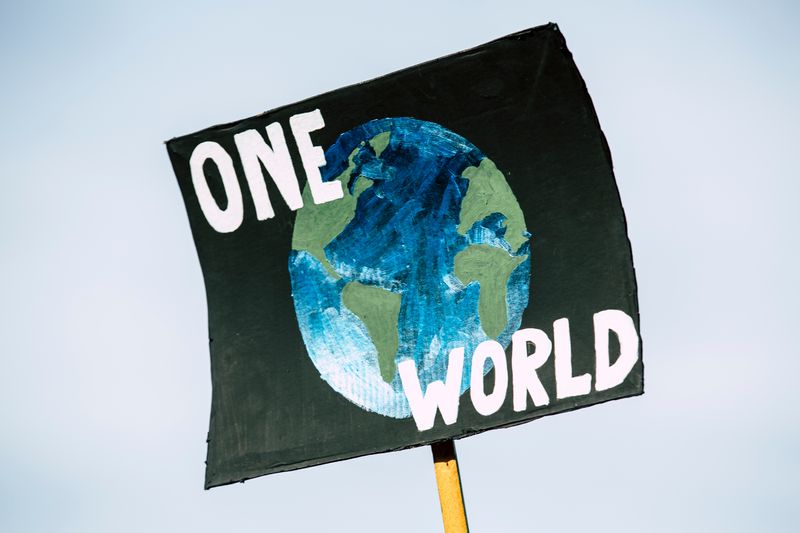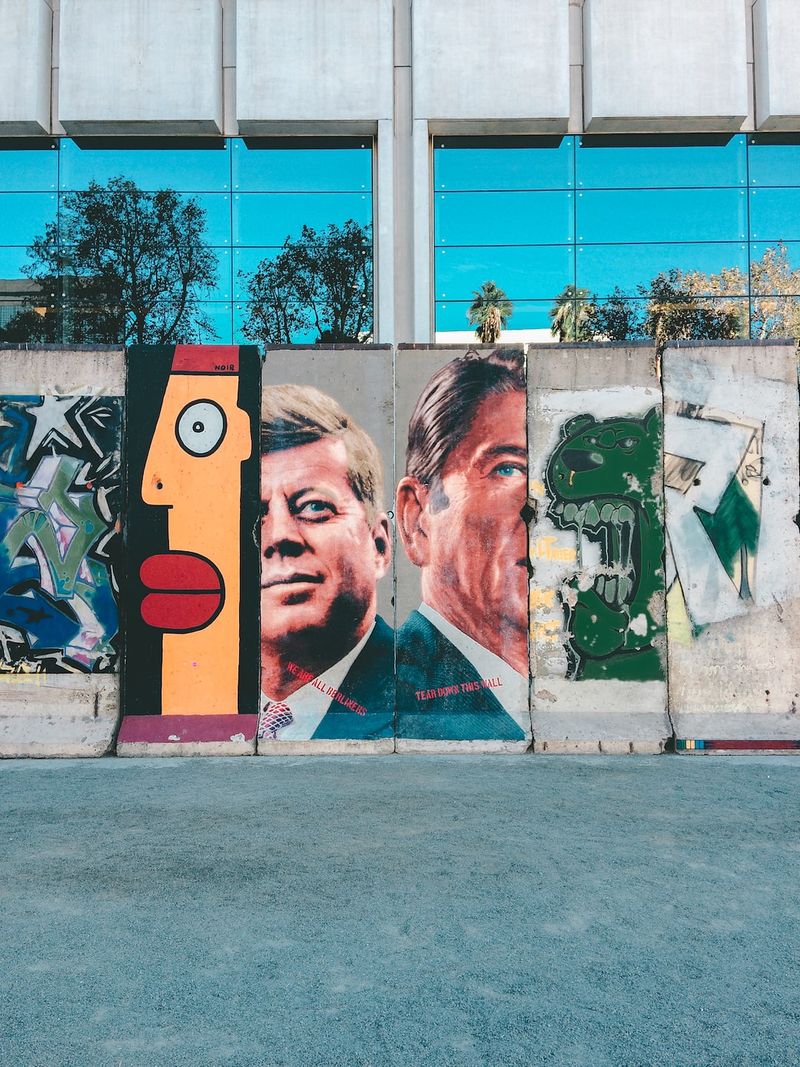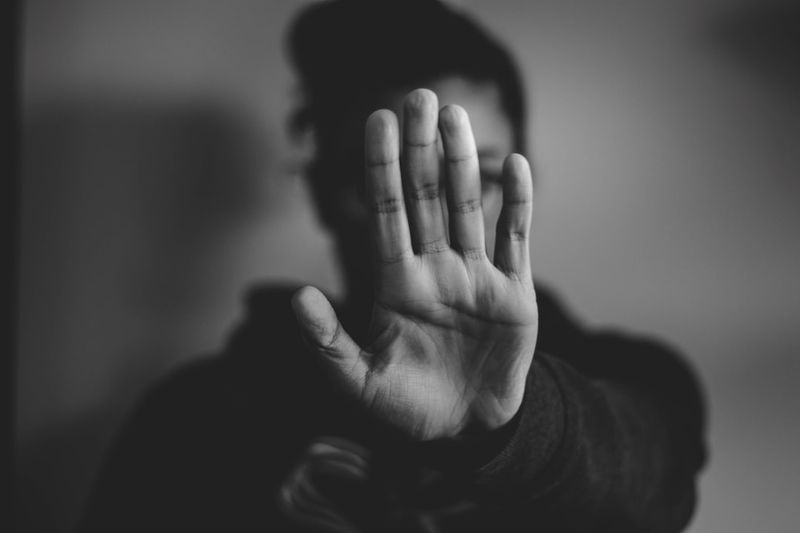Daniel Ellsberg: The Most Important Whistleblower of Our Times
Daniel Ellsberg, who passed away at the age of 92, was an influential figure in American history. His actions as a whistleblower in 1971, leaking what is now known as the Pentagon Papers, revealed the extent of deception and falsehoods perpetuated by the US government during the Vietnam War. The leak itself did not end the war, but it had far-reaching consequences that shaped the trajectory of American politics and journalism.
The Pentagon Papers: A Shocking Revelation
The Pentagon Papers, officially titled “A History of Decision-Making in Vietnam 1945-68,” was a study commissioned by the Secretary of Defense Robert McNamara from the Rand Corporation. Ellsberg, who had previously served at the US embassy in Saigon and had firsthand experience in Vietnam, was tasked with reviewing the material for the report. As he delved into the documents, he uncovered a vast web of lies and manipulation.
Ellsberg discovered that evaluations within the documents had deemed the war in Vietnam unwinnable, yet the American public had been consistently misled by their leaders. Deeply troubled by this political fraud, Ellsberg decided to copy and leak the papers to the media, with the hope of exposing the truth to the American people.
The Fight for Freedom of the Press
After being turned down by influential figures such as William Fulbright, the chair of the Senate Foreign Relations Committee, and Ben Bradlee, the editor of The Washington Post, Ellsberg found an ally in Neil Sheehan of The New York Times. Sheehan convinced the Times to publish the papers, which revealed, among other things, that the Gulf of Tonkin incident that served as the justification for America’s increased involvement in the war was based on false pretenses.
The Nixon administration, furious at the leaks, obtained an injunction against further publication. However, the Supreme Court eventually overturned this injunction, establishing an important precedent in favor of freedom of the press and rejecting the idea of “prior restraint.”
The Downfall of Richard Nixon
The leaks not only unveiled the deception surrounding the Vietnam War but also became a pivotal point in the downfall of President Richard Nixon. Nixon’s administration created a covert special investigation unit called the “plumbers” to discredit Ellsberg and discover if he had further material that could implicate the president. This ultimately led to the Watergate scandal, as the plumbers’ burglary at Ellsberg’s psychiatrist’s office was uncovered, exposing a chain of scandal and cover-up.
In an effort to avoid impeachment, Nixon resigned from office. The revelations brought about by Ellsberg’s actions had a profound impact on American politics, leading to increased public distrust in government and shaping the contemporary climate of skepticism toward political authorities.
The Legacy of Daniel Ellsberg
Daniel Ellsberg’s leak of the Pentagon Papers marked a turning point in American history. It exposed the extent of government deception and the manipulation of public opinion during the Vietnam War. The leak had far-reaching consequences, including significant legal victories for freedom of the press and the eventual downfall of President Richard Nixon.
Ellsberg’s courage in exposing government malfeasance and his commitment to peace activism defined his later years. He supported other whistleblowers, such as Katharine Gun and Edward Snowden, who revealed government deceptions and abuses of power. His actions continue to inspire those who advocate for transparency and accountability.
Conclusion: The Importance of Whistleblowers
The legacy of Daniel Ellsberg raises important questions about the role of whistleblowers in society. Ellsberg’s actions were driven by a deep sense of ethical responsibility and a belief in the power of truth. But the path he chose was not without its challenges and consequences.
The case of Daniel Ellsberg serves as a reminder of the vital role that whistleblowers play in exposing government wrongdoing and holding those in power accountable. Whistleblowers take immense risks to shed light on deception and corruption, often facing legal repercussions and personal hardships.
In an era marked by increasing government surveillance and attempts to suppress information, the actions of whistleblowers are crucial in maintaining a healthy democracy and ensuring transparency. It is important that society supports and protects individuals who choose to speak out against injustice, as their actions can lead to profound changes and challenge the status quo.

<< photo by Markus Spiske >>
The image is for illustrative purposes only and does not depict the actual situation.




